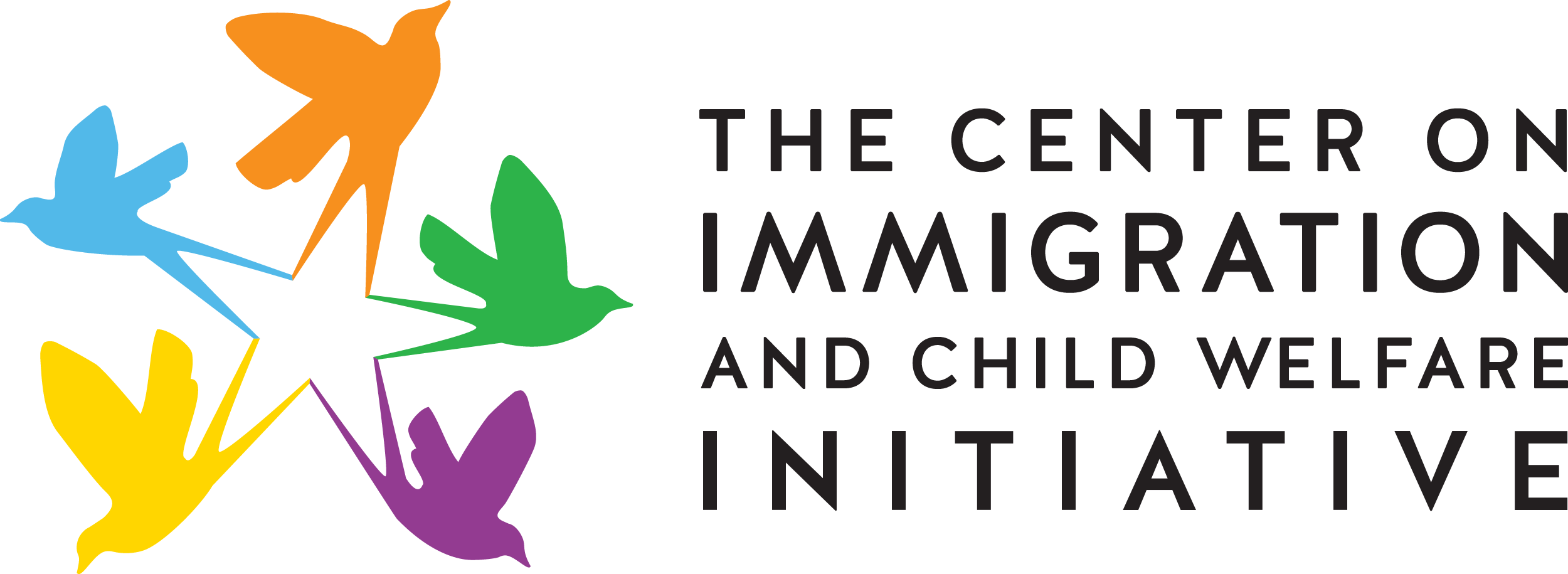Ending the Invisibility of Dual Language Learners in Early Childhood Systems A Framework for DLL Identification
Maki Park & Delia Pompa, Migration Policy Institute (May 2021)
This policy brief provides a framework of the essential elements that should be included to create standardized and comprehensive processes for identifying and tracking Dual Language Learners within early childhood systems.

